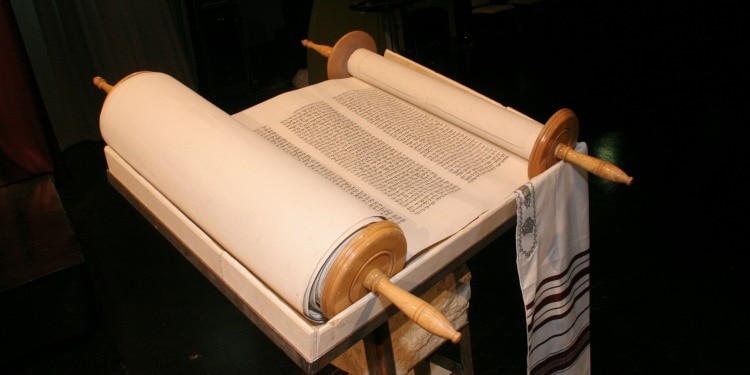First Things First
The Fellowship | February 16, 2020

Then Samuel took a flask of olive oil and poured it on Saul’s head and kissed him, saying, “Has not the LORD anointed you ruler over his inheritance?” — 1 Samuel 10:1
As we remember the anniversary of Fellowship Founder Rabbi Yechiel Eckstein’s passing this month, we offer you a selection of his devotional thoughts on leadership. Learn how you can honor Rabbi Eckstein’s lifework and legacy through our Wings of Eagles ministry.
This passage describes the inauguration of Saul as the first king of Israel. In ancient time, indeed, through much of history, monarchs had a tremendous amount of power and prestige which is why the Torah contains several restrictions limiting a king’s authority. In fact, according to biblical commands, a Jewish king’s first responsibility was to write for himself on a scroll a copy of all God’s laws: “When he takes the throne of his kingdom, he is to write for himself on a scroll a copy of this law, taken from that of the Levitical priests” (Deuteronomy 17:18).
Anyone who has ever seen a Torah scroll up close can appreciate just how difficult it is to write one. After years of training, only an expert scribe, called a sofer in Hebrew, can approach the precise craft because even if one letter is missing the entire Torah scroll is invalid and cannot be used. You can imagine that it takes even the most skilled scribes many months to write a Torah scroll.
Nevertheless, the first thing a Jewish king was commanded to do was to write a scroll of the Torah to ensure that he would obey and enforce God’s laws and commands, rather than his own. A Jewish king must always remember the source of his authority, and that is the Torah or God’s laws. The scroll which he must always carry served as a constant safeguard against arrogance and abuse of power because the true purpose of a Jewish king was to serve as a moral guide and leader to his people.
But there’s a lesson for us as well. In requiring a Jewish king to first and foremost write a Torah scroll upon taking the throne, we are taught that power is never meant for the sake of our own personal gain, but rather the means by which a just society can operate.
Each and every one of us holds some position of power, whether in our families or at work, and we must constantly remind ourselves never to abuse the power that is entrusted to us. We can learn leadership lessons that are truly timeless from the Bible, and even though we might not have to write a Torah scroll, we would do well to remember God’s laws and live according to them.
